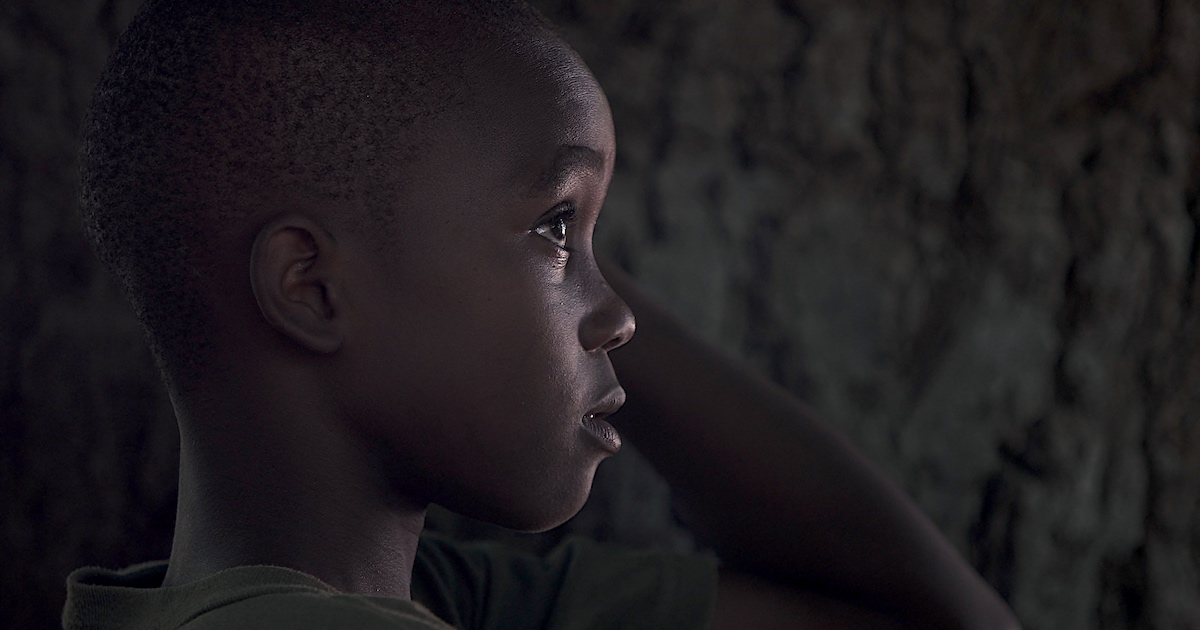
12 Aug 2023 DawnMarie A. Boursiquot: Black Americans’ Continued Deification of Victimhood
What will they do now that skin color is no longer a factor in college admissions?
A month has passed since the Supreme Court decision on university affirmative action admission requirements, and the dust has begun to settle. But as the 2024 election draws closer, the issue is sure to rise again, and it may have fueled the debate and push for California to pass reparations.
Now is the time to ask, when? When will Black Americans relinquish the deification of victimhood?
When will they see themselves as more than the color of their skin and cease wearing victimization like a badge of honor?
When will they stop falling for the race hustlers’ accusations of racism, which are wielded as a weapon to force submission by those who resist?
The question remains, what will Black Americans do now that their skin color is no longer a factor in college admissions?
With less than 18 months until the 2024 presidential election and the push in California for reparations, this is a time to reflect and address the foundational issues facing the Black community.
Yes, racism, bigotry, stereotypes and discrimination were cultural norms, but things have changed drastically over the past 50 years.
Though it is not perfect, the issues are isolated and a result of individual ignorance and the depravity of humankind rather than a systemic norm. The mainstream media, the current presidential administration, media pundits and others continue to perpetuate and capitalize on the fear and past victimization in the Black community.
Too much time is spent focusing on the past, and daily reminders only exploit the generational trauma.
Instead of positive reinforcement of personal responsibility and empowerment, the race hustlers continue to perpetuate the victimization narrative by this supposedly unfair White patriarchal system. The method is clever, and different words are used, but the end goal is the same: “You will never be equal. You will never be good enough.”
The bondage has moved from a physical plantation to controlling the mind of the captives. It is subtle, but it works. The Black community has embraced the idea of being overlooked, undervalued and underprivileged.
Studies have shown that historical victimization influences modern-day attitudes (Humanities and Social Science Reviews, 2018), and this is evident in the interpersonal communication among Blacks toward White people.
The phenomenon of the social psychology of collective victimhood is rooted in one’s beliefs influenced by generational trauma and is a source of cultural conflicts in a given society, and that group is perceived to be inherently immoral (European Journal of Social Psychology, 2012).
The unhealed psychological trauma that creates this phenomenon of collective victimhood can lead to violence; past victims now become the authority exercising the right to hate and become victimizers.
The result of collective victimhood is evident in the cognitive abilities and behaviors that form the identity and communication with other groups. Affirmative action, reparations and other laws that are aimed to control behavior and outcomes will never heal what is truly broken, the identity of a community.
This is not a Black issue. Theoretically, social identity addresses the mental processes people go through that result in three outcomes’ categorization, identification and comparisons among groups (Understanding social identity theory and its impact on behavior. Studies of In-Group Favoritism, 2019).
Identity is derived from the group categorization, which could be the reason that those who do not ascribe to the group often think they have been ostracized, and members of the group often compare themselves to the opposing group, and people find their identity in the group, not as an individual (European Journal of Social Psychology, 2000).
The deification of victimization and identity must be addressed because the media, the race baiters and the progressives will continue to control the narrative and perpetuate victimhood as the identity of Black Americans.
To break the perpetual cycle of perceived victimization, identity must move beyond the struggles placed upon Black Americans.
As a man thinketh, so is he. A growth mindset is the key to success, because it drives one’s responses to situations that life presents.
“The Blueprint for a Better Deal for Black America,” by Project 21’s Horace Cooper, is a great starting point for discussion and implementation.
Focusing on significant issues facing Black Americans begins with reclaiming their identity, emotions, cognition and behaviors. Think as an individual and not as a group member.
Recognize contributions despite the struggles and hardships of the past, reject negative stereotypes and celebrate accomplishments and our contributions to the United States of America.
Project 21 member DawnMarie Alexander Boursiquot is owner of An Uncommon Voice Coaching & Consulting and host/facilitator of “Life It’s Only a Decision” (Facebook/YouTube) and the talk radio show “The Process319 With DawnMarie.” This was first published by The Washington Times.




